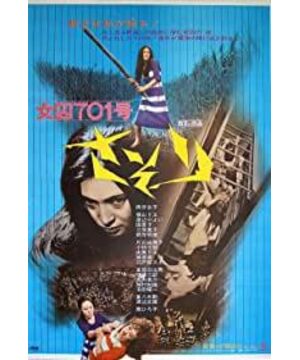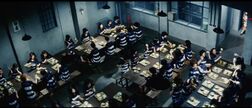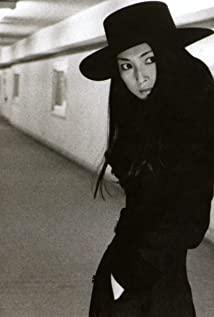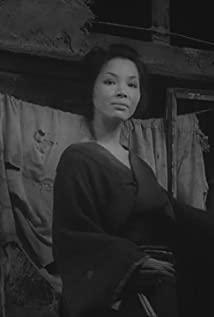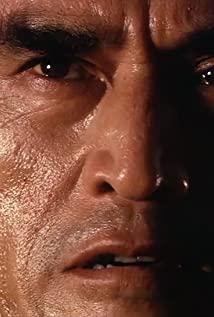Female prisoner No. 701 told a very simple story. Omoko falls in love with a male policeman and promises to be an undercover agent for a drug cartel. Unexpectedly, the police used this as a plan to advance, and after they succeeded, they abandoned Oi Miko, who was insulted by the gangsters. Tail Mozi had the idea of killing, but was caught in prison. This prison exclusively holds female prisoners, and the police use various means to insult women for pleasure. In the end, a riot broke out, and Mimoko took the opportunity to escape, turned into an angel of revenge, and killed the people who framed her back then.
The focus of the film is to describe the complex process of oppression and counter-oppression in prisons. In the film, women become the tools of men. Not only a tool of labor, but a tool of abuse. At the same time, in this process, women also gradually began the process of masculinization. It manifested as a strong will to work, ignoring one's own gender, possessiveness towards other women (not homosexuality), and in the end, it concentrated on humiliating prison guards and hostages.
Violence, bloodshed, weapons, and other key words in male politics are repeated in the female prison. The film attempts to reflect the theme of "being deceived by men is the eternal sin of women", which is diluted in this anti-revenge behavior. People see the sins of women, but forget about the deceit of men.
If this film is regarded as a feminist film, then it cannot escape its own logical dilemma. Those who resist become oppressors, those who are violent become violent, and women finally stand with men. There is no second way for women's resistance. This contradiction is not the contradiction of the film's narrative, but the crux of the problem itself.
The art style of the film is distinct. Drawing on many forms of horror films. We can see the female prisoner transformed into a traditional Japanese ghost in a state of anger. Unique psychological style description. The heroine's eyes of horror, despair and resentment. Of course, in the end, we still have to praise the director's ambition to directly attack social problems. There are also many movies about prison struggles in Hong Kong. Most of them are commercial film models (such as Li Wang), and they have a good grasp of the description of human nature. Has theatrical effect.
View more about Female Prisoner #701: Scorpion reviews


